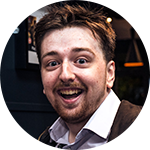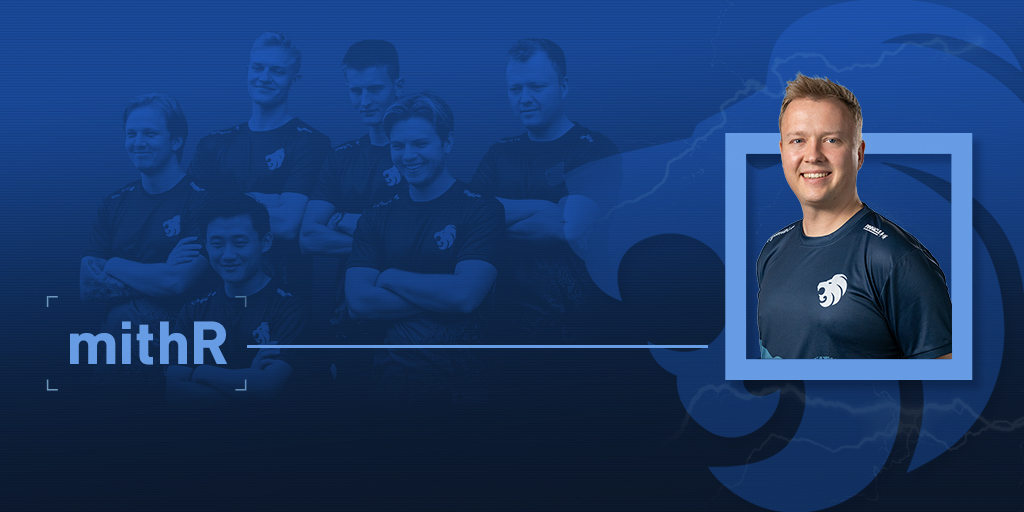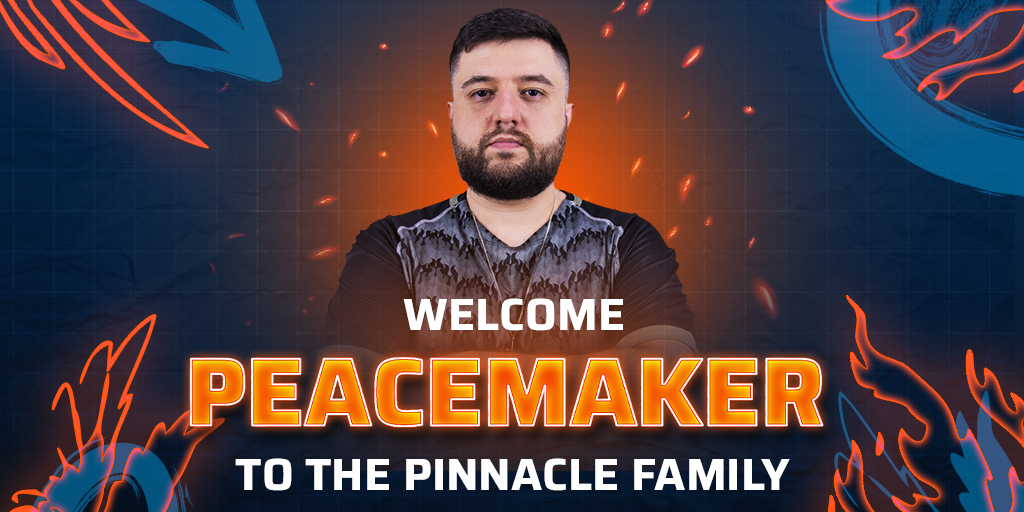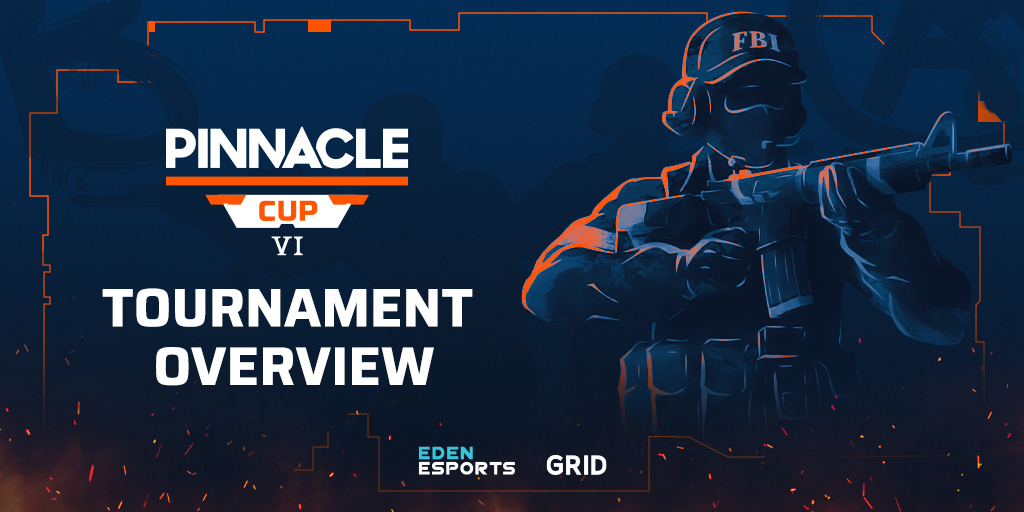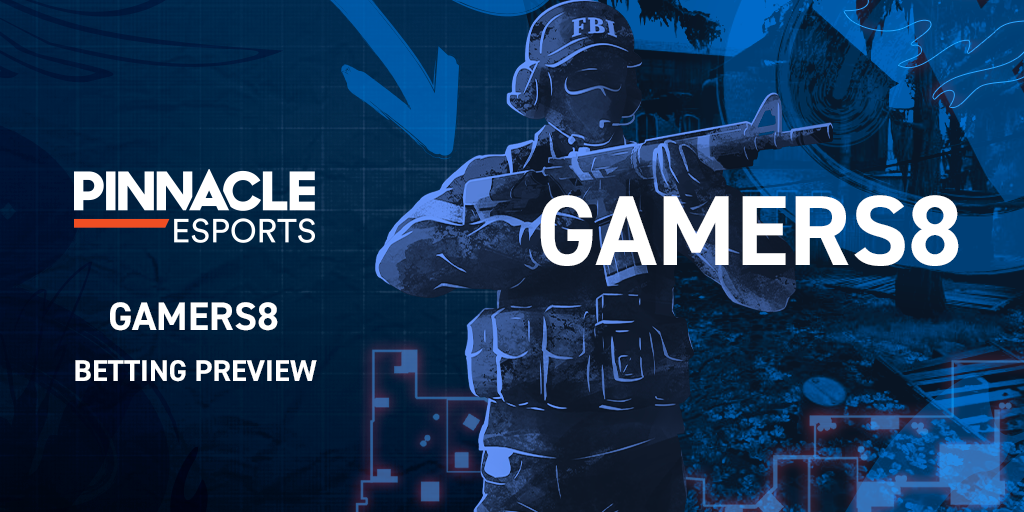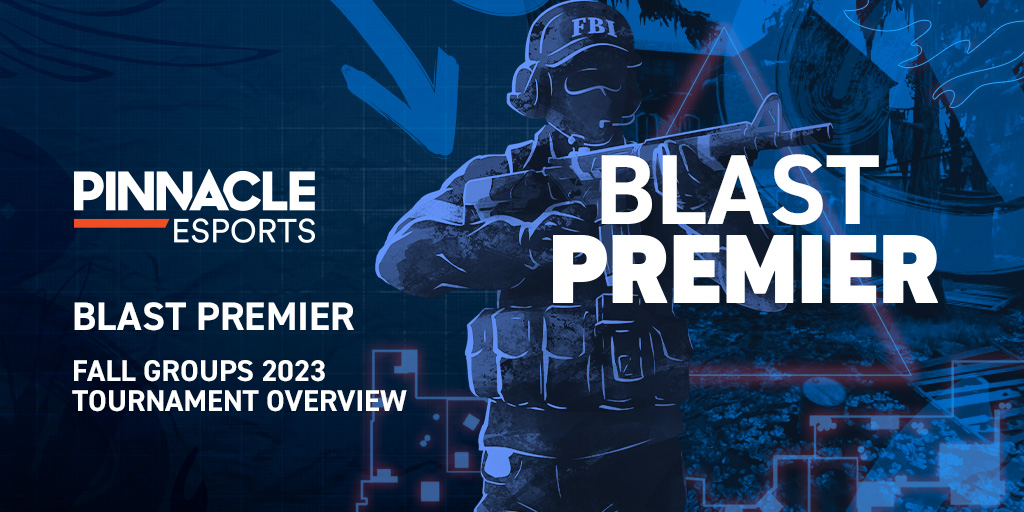As a coach, your history in CS isn’t very well known to those outside of Denmark. Who are you and what is your general experience before coming to North?
My story might not be well known and I haven’t ever played in a top tier team myself, but I have spent a lot of my time helping the Danish community grow and especially helping to implement esports in the Danish boarding school system where I have been one of the lead figures.
My professional career started back in 2014 when I was living together with five friends in a house in Copenhagen. We all studied and lived together, cooked together, went out together, hanging out and all that stuff. I lived in a room in the basement that was probably illegal to live in, but being a student in Copenhagen one has to take whatever you can get when it comes to housing. I didn’t have a team to play for at that time, so I decided to start streaming. I would suit up and stand tall in front of my webcam, going through strategies and tactical development on my stream. I would then look at demos from big tournaments and do an analysis live on stream in order to help the Danish community to better understand the tactical aspects of the game.
When I started playing Counter-Strike 1.6 I instantly went into playing matches and trying to assemble a team - focusing on the tactical aspects of that game.
Through streaming I got my first offer to coach a professional team. Back then teams couldn’t quite live from playing CS yet. Only the absolute best teams in the world could do that like NiP, VeryGames etc. One team lead to another and with esports growing fast in the Danish community and also getting more and more socially accepted, a lot of boarding schools saw their chance to recruit more students by having esports as a line course. That’s how I got my first chance to move to the other side of the country to teach CS:GO and to work fulltime as a CS:GO teacher.
The school I worked for quickly recruited a lot of students and many of them chose that school because they knew me from my stream. The school had 55 students in total when I started, and the first year we recruited 30 esport students. The year after that we recruited 65 esports students, with the school then having a total of 130 students. That made 50% of the school esport students, and quickly became known as the finest esport school in the country.
Two years later I got a call from Campus Vejle Sportscollege which is a high school located in Vejle housing some of the best talents in Denmark in all kinds of sports. They had been granted almost $3 million dollars to renovate an old factory and make it a new esport/fitness centre and they wanted me to run the place. So I moved up there, and helped design the new esport centre. Meanwhile I was coaching Alternate aTTaX at the time who barely made it to the top 30 in the world. It was pretty much working full time as a coach, full time as head of esports at the school, as well as streaming from time to time to get in touch with my followers. I was busy.
Then [North's Director of Esports] Jonas "whimp" Svendsen called me and asked me if I was interested in coaching North. I had to say yes to that chance when he called me, so I didn’t hesitate, and here I am.
- Read the interview with aizy
Insightful CS:GO Articles
Event previews, strategy articles and all the latest odds
Follow Pinnacle EsportsWhat is the main difference between coaching (or teaching) esports students, and coaching professional players?
Actually it is pretty similar, it’s just on a much higher level and much more concentrated, but my method is pretty much the same. The tactical aspects of the game are on a completely different level and the room for error is really tiny. I mean one mistake in an important moment can really cost you the game in another way.
My method is the same though. I focus on creating an inspiring environment for the players in which practicing is a fun, but also challenging, place to be. I try to create players who are curious, and who are not afraid of making mistakes during practice. It is through our mistakes that we grow the most, if we are good enough at evaluating them.
Jonas "whimp" Svendsen called me and asked me if I was interested in coaching North. I had to say yes to that chance when he called me, so I didn’t hesitate, and here I am.
For every practice I have a new “focus point”. This is a specific thing that each player, or we as a team, need to focus on doing during that practice. That could be taking more fights, walking close together when we are taking map control, or focusing on helping each other with our utility to name a few.
Has it been difficult to leave behind the education part of your career to focus on North?
It has been really difficult in some ways. I mean my heart has always been with my students, and when I decided to move away from everything that I know and hold dear, I made a huge gamble in my life. I dedicated myself 100% to my work so I would help students in every possible way so that they could make their dreams of going pro come true. Also having helped to build something from the ground up is a really amazing thing to do, and I believe that I can look back at my work in the Danish school system with pride.
What have you brought from your experiences at schools to North?
I think my dedication for what I am doing is the thing I have brought with me. My old boss once gave me a compliment that was like: “The good thing about you is that you don’t really care what you do. As long as you make things work”. It’s pretty much the same in North. I’m not always able to have a single focus on developing tactics, or working with a single player, because there are so many things that have to be perfect in order to create the best possible learning environment. That is was I am so focused on having my surroundings working out, because it’s only that way that I can develop my players into living up to mine, North’s, and their own ambitions.
- Read the StarLadder Berlin Major 2019 Preview
How do you rebuild a team’s confidence after a tournament exit?
That’s a really difficult thing to do and I don’t think I have a complete answer for that. If I had a complete recipe for that that works every time, it would be amazing, but we are constantly trying to evaluate ourselves in order to move in the right direction. I tend to focus a lot on the positive things of what each individual is doing right, because I need them to believe in themselves before we start evaluation and giving each other criticism. The dialogue about correcting mistakes needs to be controlled by a third party in order for us to be as constructive as possible, but before even being able to do so I need the players to believe in themselves. That was they tend to look inwards more, but they also start believing more in their teammates.
You joined the team just before they attended a tournament which they won. What sort of boost did that give to your upcoming tenure?
So I started with complimenting them on their names themselves. I drove out to meet all the players face to face, because I didn’t want the airport to be the first time we met. I had watched some of their old demos and listened to old TeamSpeak recordings and I gave them certain compliments of what I think they were doing right, but also what I wanted them to focus on during the game.
And I told them to have fun. That is why we all started playing in the first place, right?
What are your opinions on sports psychologists in Esports?
I think it can be really helpful, but it’s not something that we have been using a lot yet. I think that my understanding of the players is enough for now, but I will need a sport psychologist to talk to from time to time. If the players would like to see someone as well, then they have that option, but we are not quite there yet. We are building the team slowly, and we need to feel confident in our current changes of our structure before we start adding on other things, such as sports psychologist sessions.
I would suit up and stand tall in front of my webcam, going through strategies and tactical development on my stream. I would then look at demos from big tournaments and do an analysis live on stream in order to help the Danish community to better understand the tactical aspects of the game.
How did you get into playing CS:GO?
I actually started by playing StarCraft: BroodWar and played in an American team. We were around 20-30 players in that team that would play each other in 1v1 games - always focusing on the tactical aspect of the game. When I started playing Counter-Strike 1.6 I instantly went into playing matches and trying to assemble a team - focusing on the tactical aspects of that game. I watched a lot of pro games and looking at some of the pro teams play I really felt like that I understood what kind of strategies they were running, and why they did what they did. So I started creating my own team and developing a lot of my own tactics as well. Actually, the people on my first Counter-Strike 1.6 teams are still some of my closest friends to this day.
In your eyes what is success and what is failure?
It is too easy to say that success is winning and failure is losing, right? I think that one of our tendencies as human beings is to look at it that way, but I don’t think that’s the entire truth. In my opinion we have small failures every day, as well as success. When we practice with the team I tell them five things we are doing right for every one thing I tell them we are doing wrong.
By doing more of what we are good at, we automatically doing less of what we could be better at.
- Read our interview with valde
Knowing what you know now, what advice would you give your 18-year old self?
Don’t give up on your dreams, but balance your life.
You can follow mithR on Twitter, @mithRTV.
